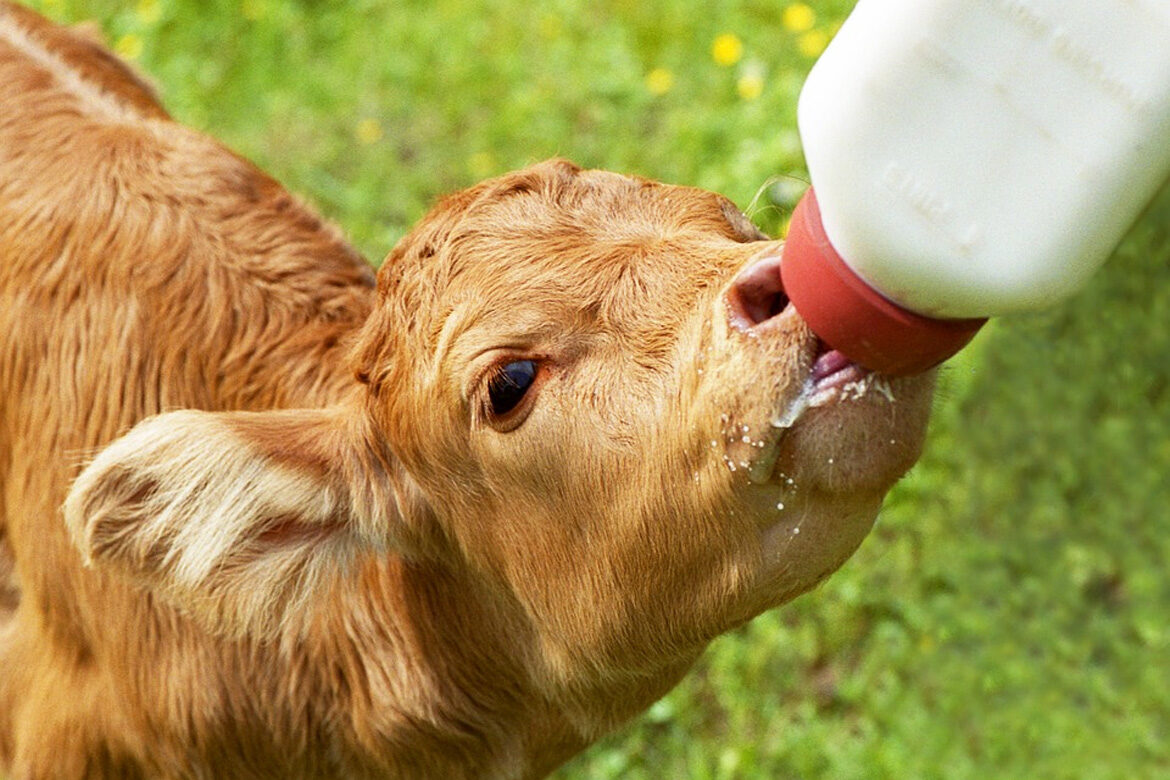Teagasc researcher Dr Emer Kennedy appeared on the Teagasc/Animal Health Ireland online Calf Care event this week. While some of the comments shared oriented around the hygienic collection and storage of colostrum in order to reduce the bacterial load, which can affect absorption of antibodies, Dr Kennedy also focused on the importance of feeding warm colostrum to newborn calves to maximise transfer of antibodies.
She explained that feeding cold milk to calves was fine, but that the first feed of colostrum should be warmed up before being fed.
It is also essential to use colostrum within 48 hours. “The key is if you’re storing it in a fridge that you write the date and the time on the bottle, such as 18 January, am or pm, and that you’re checking the fridge once or twice a day and throwing out anything that is over 48 hours old – because once it goes over 48 hours old there is too much bacteria in it for the calf,” Dr Kennedy said.
Freezing colostrum comes with a warning around how it is defrosted before feeding. Boiling water or a microwave are not to be used, as these methods risk killing the antibodies. Dr Kennedy said the water used for defrosting should be no more than 60°C.
“Antibody absorption is increased when colostrum is fed warm. There is no problem feeding cold milk as long as you are consistent with what you do, but colostrum should always be fed warm, even if it is coming out of the fridge, to ensure the maximum uptake of antibodies,” she reinforced.
LSL News

